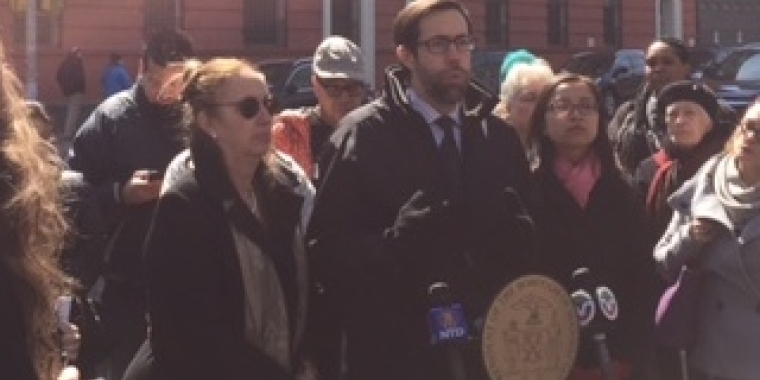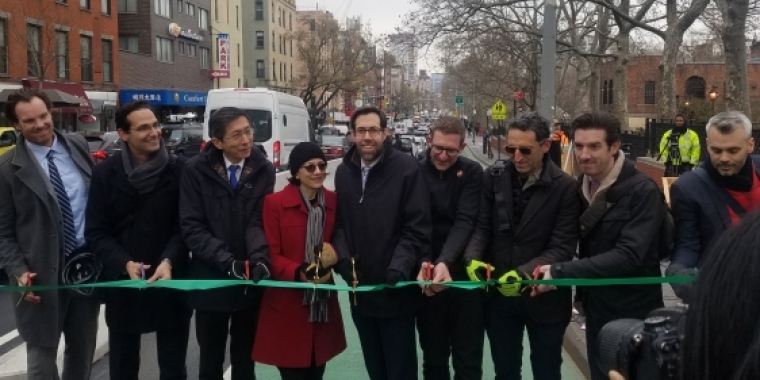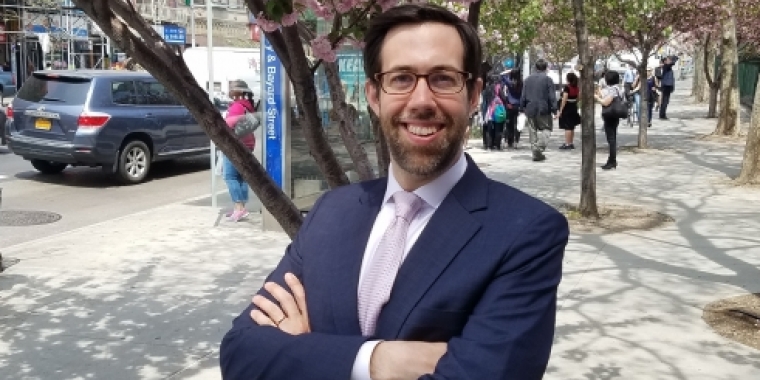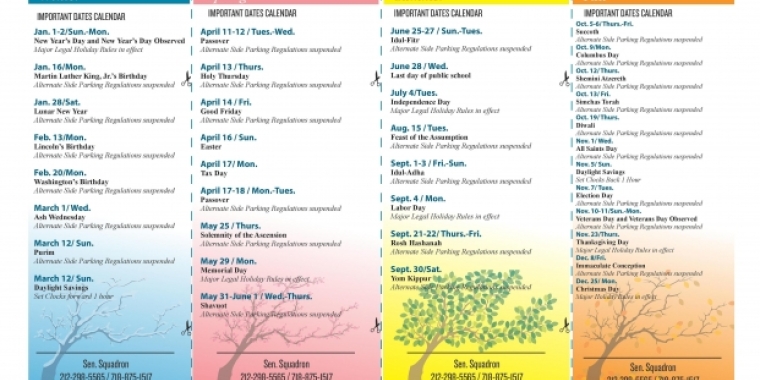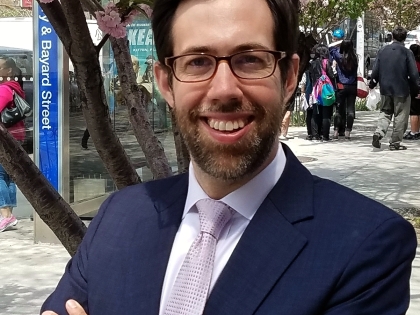
Testimony Of State Senator Daniel Squadron Regarding Natural Gas Drilling In The New York City Watershed
Daniel L. Squadron
December 27, 2009
-
ISSUE:
- Environment
- Health
- Water
My name is Daniel Squadron and I represent the 25th Senate District in the New York State Senate. My district includes Greenpoint,Williamsburg, Vinegar Hill, DUMBO, Fulton Ferry, Brooklyn Heights,Boerum Hill, Cobble Hill, Carroll Gardens and Gowanus in Brooklyn, and the neighborhoods of Tribeca, Battery Park City, the Lower East Side, Chinatown, the Financial District, Little Italy, SoHo and the East Village in Manhattan. Thank you for giving me the opportunity to testify today.
I am very concerned about the proposed hydraulic fracturing of the Marcellus Shale in the Catskills, which would affect more than eight million New Yorkers’ supply of drinking water. This procedure poses significant risks to our public health and environment. I would like to recognize the leadership of Manhattan Borough President Scott Stringer, who is coordinating a broad-based advocacy effort to protect the water supply, and State Senator Tom Duane and Assembly Member Jim Brennan for their legislative work on this issue. I would also like to join the growing coalition of New York City residents, community leaders and environmental advocates who all agree: drilling must be banned in the New York City watershed.
As you may know, hydraulic fracturing is a process by which millions of gallons of water and fracturing fluids are pumped into horizontal wells to access natural gas in mineral formations. Some of the components that are used are toxic and non-biodegradable, which are difficult to remove once they enter the natural environment.
While the New York State Department of Environmental Conservation (DEC) and the New York City Department of Environmental Protection (DEP) commissioned reports to study the potential environmental effects associated with drilling on water resources, neither of these studies eliminate the possibility of our drinking water supply being contaminated if drilling were allowed in the watershed. For this reason, I co-sponsored the Duane/Brennan legislation that takes proactive measures to secure our drinking water supply so it can safely remain unfiltered.
As a co-sponsor of Senate Bill S6244, I strongly believe that banning drilling in the New York City water supply and in surrounding areas is vital to protecting the quality of our drinking water. Ninety percent of New York City's drinking water comes from the Catskill/Delaware watershed located in Delaware, Ulster, Sullivan, and Greene counties. States where hydraulic fracturing has been practiced, including Wyoming, Colorado, Texas and New Mexico, have already seen their drinking water contaminated by frac fluids and underground toxins. The risk in New York is simply too great.
This vital legislation prohibits the drilling for natural gas within the NYC watershed or anywhere within 5 miles of its boundaries. It further prohibits drilling within the Delaware River watershed or anywhere that is a recharge area of a sole source aquifer. Where gas drilling is allowed in New York State, it is to be done in such a way as to protect drinking water. If there shall be contamination of water wells, there is a presumption that the natural gas driller is responsible unless they can show by clear and convincing evidence that they are not the contaminator. Any spills or prohibited discharges by the driller which might take place must be reported to DEC, which must have a procedure in place for taking such reports and ordering remedial action. Any driller that knowingly covers up a prohibited discharge shall be guilty of a class A misdemeanor. A driller that knowingly discharges hydraulic fracturing compounds into surface waters shall be guilty of a class E felony.
In the legislation, all components of hydraulic fracturing fluids must be disclosed to the DEC in the application for a permit to drill a well, and a company that engages in hydraulic fracturing must file amendments to its permit and receive permission to make changes in those components. The bill sets procedures for taking care of emergency and non-emergency health situations related to the use of the hydraulic fracturing compounds. The DEC has the power to prohibit the use of certain chemicals. Storage of these fluids and the waste from drilling must be properly stored, and must be treated hazardous waste.
As we pursue protection of the watershed through the legislative process, I ask that DEC join our efforts by moving pro-actively to ban hydraulic fracturing within the New York City watershed. Though Chesapeake Energy, the main leaseholder in the area in question, has agreed not to drill in the watershed, such an important public resource should be protected with public regulation.
I look forward to continuing to work with DEC and DEP, as well as fellow members of the “Kill the Drill” campaign and other concerned advocates, to ensure that we can rely on the same safe, pure drinking water in the future that we do today. Again, thank you for the opportunity to testify on such an important matter.
Share this Article or Press Release
Newsroom
Go to NewsroomSquadron Urges False Claims Act Clawback of Rivington House Deal
December 22, 2016
